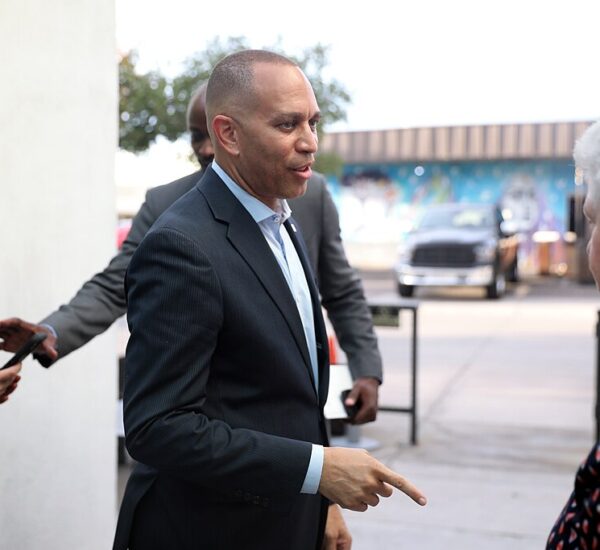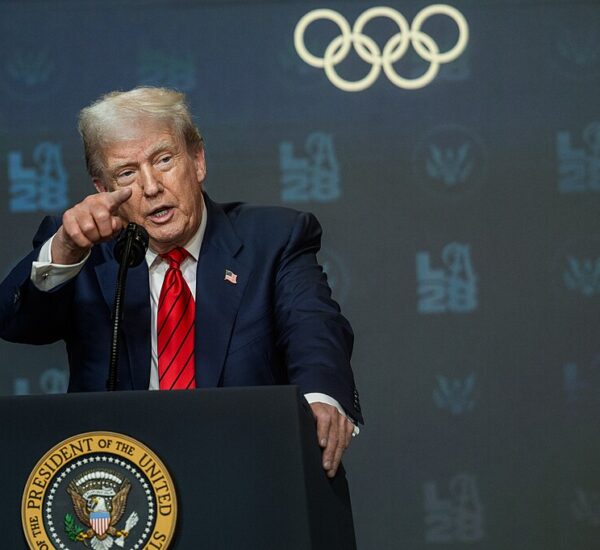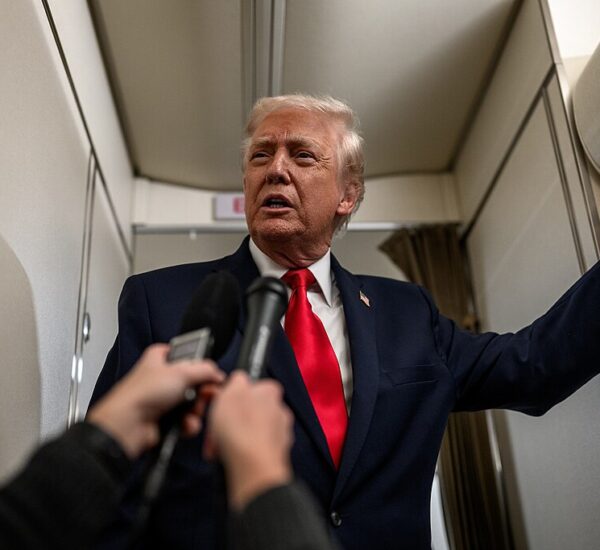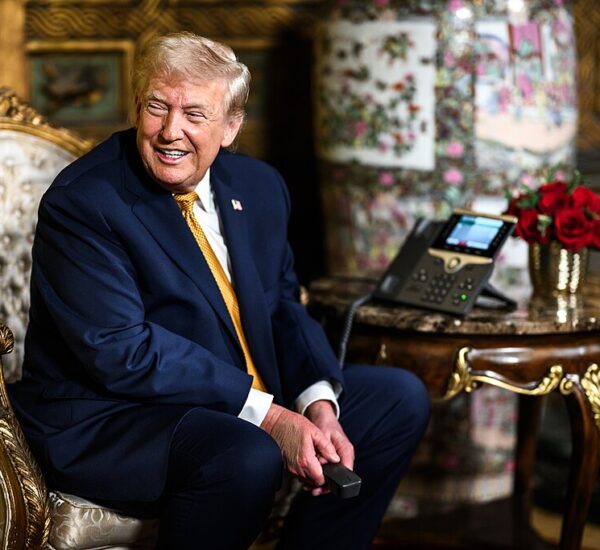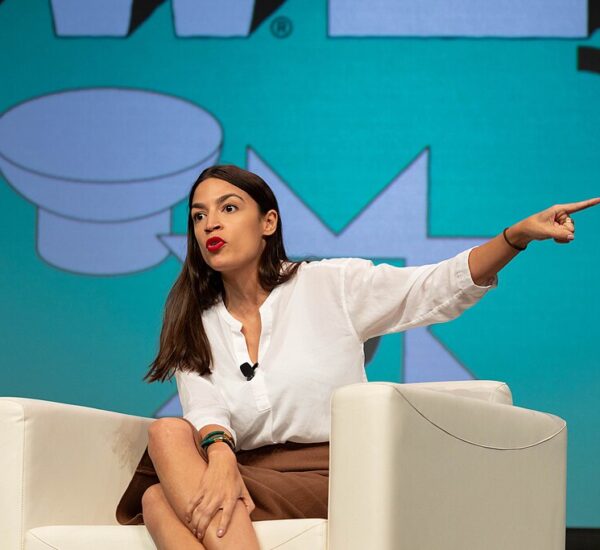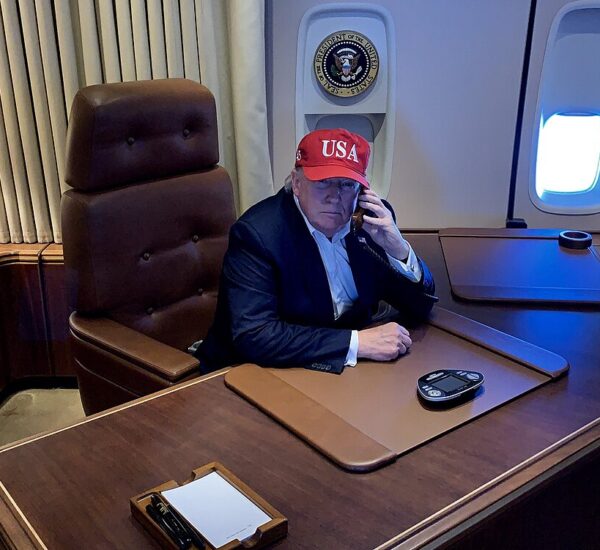Trump Meets With Republican Senators
In the days leading up to his inauguration, President-elect Donald Trump made a decisive statement about his vision for America’s future, while also reflecting on the divisive political climate that has defined his presidency. On Sunday, just 24 hours before being sworn into office, Trump met privately with key Republican senators at Blair House, located just across from the White House. This breakfast meeting was an opportunity for the incoming president to discuss his legislative agenda and rally support among his party’s leadership ahead of what promised to be an eventful inauguration day.
The atmosphere in Washington was electric as Trump’s supporters, many of whom had traveled from across the nation, filled the streets and local venues. With their “Make America Great Again” hats and Trump paraphernalia, these loyal followers gathered in festive anticipation of the monumental day. It was a powerful reminder that despite the divisions that have marked Trump’s tenure, he remains a hero to millions of Americans who are determined to see his America-first agenda succeed.
While the nation remains deeply polarized, Trump, ever the fighter, was resolute in his commitment to unify the country. In his remarks leading up to the inauguration, he reiterated that unity, strength, and fairness would be central themes of his inaugural speech. However, the president-elect’s track record as a candidate also showcased his willingness to confront political opponents head-on, often suggesting retribution for those who stood in his way.
Trump’s resounding victory in November, which saw him winning the Electoral College by a margin reminiscent of former President Barack Obama’s 2012 win, solidified his place as a dominant figure in American politics. But as he takes office with the GOP controlling both chambers of Congress, Trump faces the complex task of balancing the demands of his supporters while also navigating a politically divided country.
In the midst of his preparation for the ceremony, Trump also turned his attention to global affairs, commenting on a ceasefire between Israel and Hamas, and the ongoing U.S. ban on the popular social media app, TikTok, which is owned by China’s ByteDance. Although many viewed the TikTok ban as a necessary step for national security, Trump’s response showed his willingness to engage in economic diplomacy, signaling that he might seek a solution that protects American interests while still allowing the app to operate.
As the clock ticked down to the inaugural festivities, Trump maintained his focus on the bigger picture—America’s greatness. Despite the cold temperatures expected for the ceremony, he pushed forward with plans to move parts of the inauguration indoors. However, the event would still capture the essence of what Trump’s presidency has been about: resilience, boldness, and an unshakable commitment to the values of hard-working Americans.
With a wreath-laying ceremony at Arlington National Cemetery and a rally at Capital One Arena, Trump also sought to connect with Americans from all walks of life, ensuring that his presidency would be a reminder of the strength of the American spirit. It was clear that this inauguration would not just mark the beginning of another term, but the continuation of a political movement that has reshaped the Republican Party and reinvigorated the conservative base across the nation. Trump’s message remained unwavering: America, under his leadership, was on the path to becoming even greater.

